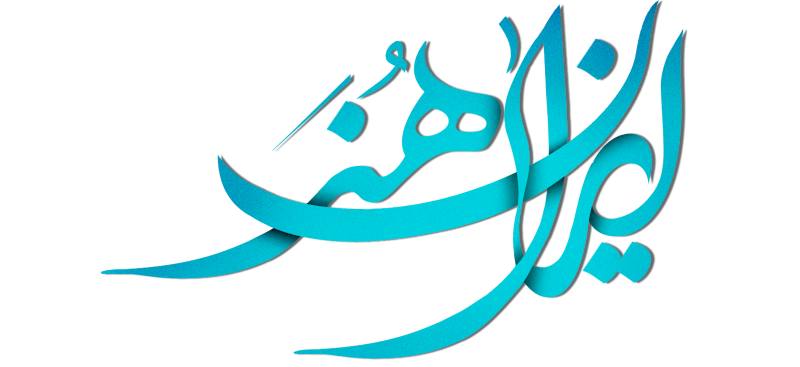Divan of Iranian-Turkmen poet Magtymguly Pyragy rendered into Persian

TEHRAN –(Iranart)- The divan of Magtymguly Pyragy, an Iranian-Turkmen poet who lived during the 18th century, has been translated into Persian.
A team of translators consisting of Mashhadqoli Qezel, Musa Jorjani, Hajji Mohammad Qaranjik, Khal-Mohammad Peqeh and Asher-Mohammad Raufi has spent eight years rendering the collection into Persian, the team announced in a press release published by IRNA on Wednesday.
The collection translated in 95 sessions will be published in four volumes in the near future.
Magtymguly Pyragy, also spelled Makhtumqoli Faraghi, was a Turkmen spiritual leader, philosophical poet and Sufi who is considered to be the father of Turkmen literature and the most famous figure in Turkmen literary history.
Born in C. 1733 in Hajjigowshan, a village near Gonbad-e Qabus in the modern-day province of Golestan, Iran, Magtymguly received his early education in the Persian and Arabic languages from his father, Dowletmammet Azady, a leading Turkmen scholar.
Magtymguly studied in various madrassahs, including Idris Baba Madrassah in the village of Gyzyl Ayak, Sirgazy Madrassah in Khiva and Gogeldas Madrassah in Bukhara.
After returning home, Magtymguly worked as a silversmith, and taught and wrote poetry. He developed a realistic style of writing about 18th-century Turkmen that became very popular and led him to become one of the most cherished Turkmen poets of all time.
Some of his poetry, along with stories collected from Turkmen oral traditions, suggests that he was taken prisoner, most likely in Mashhad, Iran. It is unknown who took him captive but such events were common in 18th-century Iran and the Turkmenistan region.
Magtymguly’s poetry is often personal and takes up universal themes. His work includes elegies on the deaths of his father and children, the disappearance of his brothers, incitements to Turkmen unity, tirades against unjust Muslim teachers of religion and khans, praises of Muslim religious figures, and laments over losing his lover to another man.
His mausoleum is located in Aq-Tuqai village in Iran’s Golestan Province.
A 4-meter concrete sculpture of Magtymguly is scheduled to be set up in a major square of Gonbad-e Qabus, in the near future.
source: Tehran Times

